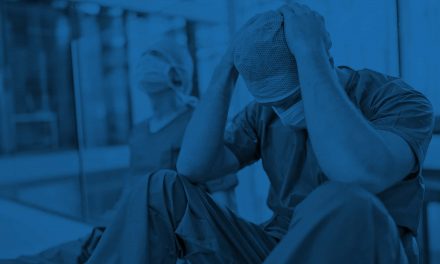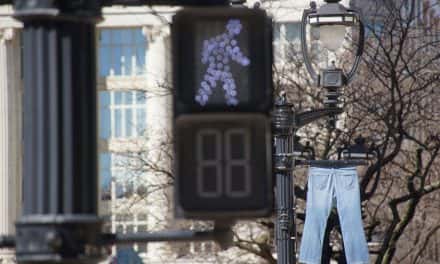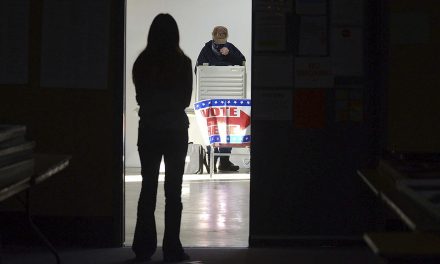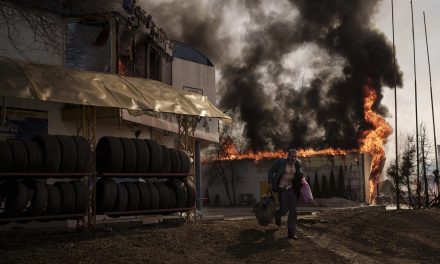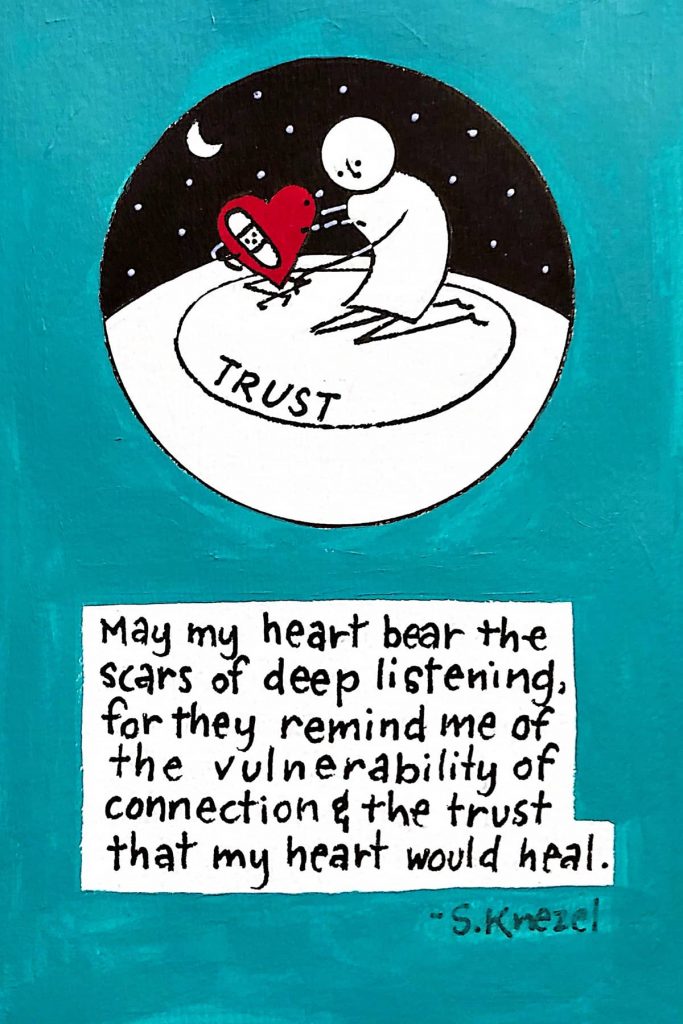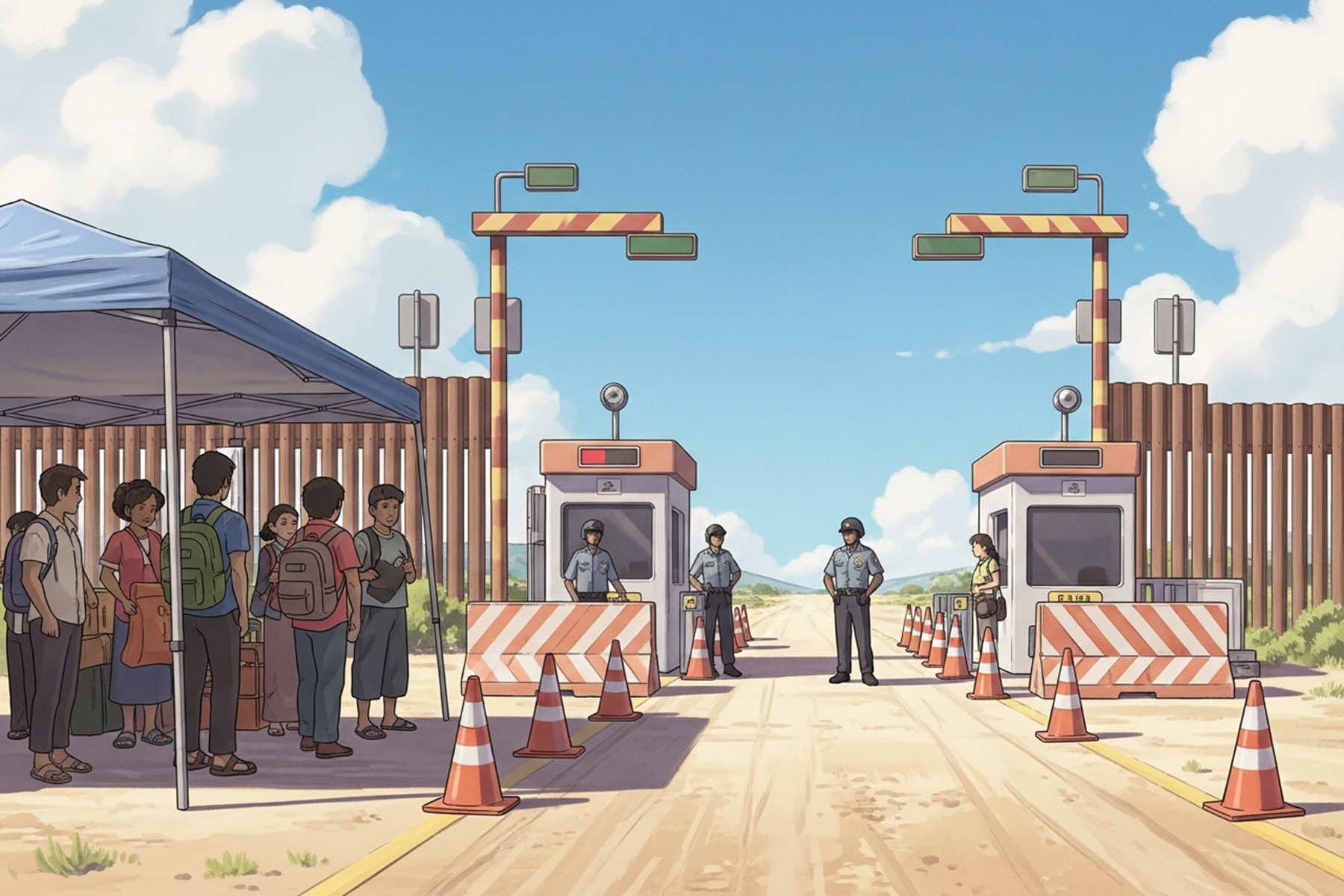
This explainer series, Catholic Doctrine on Immigration, explores how the teaching of faith and Scriptures intersect with immigration policy, focusing on the role of Milwaukee’s Catholic Church in responding to enforcement, labor dynamics, and family separation. Through detailed reporting across legal, economic, and pastoral contexts by Milwaukee Independent staff members, the series examines how Church teaching shapes institutional action and informs the Church’s engagement on national immigration issues. mkeind.com/catholicimmigration
For decades, the Catholic Church in the United States has maintained a consistent stance on immigration: that reform must be guided not by political expediency, but by moral clarity.
Rooted in centuries of Catholic social teaching and shaped by the real-world experiences of parish communities in places like Milwaukee, the Church’s proposed framework outlines six foundational elements. These pillars represent a comprehensive vision for immigration reform. It is one centered on the dignity of every person, the value of family, and the moral obligations of nations.
The Church’s first principle insists that immigration enforcement must be both targeted and humane. This does not mean abandoning law and order, but rather rejecting the use of blanket tactics that treat all undocumented individuals as threats.
Enforcement should focus on credible dangers, including organized crime, human trafficking, and drug networks. Detention, if used at all, must be rare and strictly limited in scope. It must never be applied indiscriminately to families, children, or those medically vulnerable. The use of military personnel in immigration operations is also opposed under this principle, viewed as a violation of civilian integrity and a distortion of border enforcement’s proper role.
The second pillar defends the integrity of humanitarian protections and legal due process. Catholic teaching frames this issue not as a policy preference, but as a matter of conscience. The Church warns against the erosion of asylum standards or the politicization of refugee resettlement.
From its perspective, raising procedural barriers for those fleeing violence, persecution, or trafficking directly endangers human life and undermines the ethical foundation of immigration law. Systems that deprive individuals of due process protections are considered an affront to the rule of law and to the inherent dignity of the human person.
A third essential element is the recognition of long-term undocumented residents and their right to pursue legal status through earned pathways. This principle challenges the common political framing that regularization rewards lawbreaking. Instead, the Church argues that many undocumented immigrants have deep roots in American society, having lived and worked in the U.S. for years and often decades.
Many are parents of U.S. citizens, integral members of local economies, and contributors to tax systems. Granting legal status would not only bring them out of the shadows but also strengthen societal cohesion and economic stability.
Closely related is the fourth principle, the centrality of family unity. The Church holds that immigration policy should be measured by its capacity to preserve and protect families, not divide them.
Restrictive policies that penalize U.S. citizens for having non-citizen family members, or that delay reunification for years, are seen as corrosive to community life. Immigration systems should not create administrative walls that force families into impossible choices or years-long separations.
The fifth pillar calls for the creation and expansion of legal pathways. The Church acknowledges that one of the root causes of irregular migration is the absence of lawful options. The legal immigration framework in place today is largely based on quotas and criteria set decades ago, long before current demographic and economic realities emerged.
Updating these systems — both for temporary and permanent migration — is considered essential. Streamlining the visa process, eliminating backlog delays, and addressing regional labor shortages through lawful access are seen as necessary correctives.
Finally, the Church emphasizes the importance of addressing the root causes of forced migration. The belief here is that migration should be a choice, not a last resort. People should have the ability to live safely and with dignity in their country of origin. When that becomes impossible due to violence, corruption, environmental collapse, or economic destitution, individuals have the right to seek a better life elsewhere.
But the long-term solution, in the Church’s view, lies in global cooperation to stabilize conditions that drive displacement. Isolationism, border militarization, and deterrence-only strategies are judged insufficient and morally incomplete.
Taken together, these six pillars form a cohesive model of immigration reform that prioritizes moral reasoning over reactive policy. Rather than treating immigration as a security crisis or economic burden, the Church reframes it as a test of national character.
Each element — from humane enforcement to the protection of families — is grounded in the belief that a just society does not exclude vulnerable people from protection, participation, or belonging. While these principles are rooted in Catholic teaching, they are not sectarian demands.
The values they represent — dignity, fairness, community, and accountability — resonate beyond church pews. In fact, many of the elements align closely with positions previously supported in bipartisan immigration proposals, including reforms to asylum processing, adjustments for Dreamers and essential workers, and expanded legal channels for labor migration.
The Church’s call for proportional enforcement is particularly relevant in light of rising concerns about overreach in immigration policing. Blanket raids, family separations, and indiscriminate detention have been repeatedly criticized not only by human rights advocates but by civil society institutions across the political spectrum.
The Church’s framework offers a counterweight to punitive models that conflate undocumented status with criminality or treat migration itself as a threat. By prioritizing focused enforcement and alternatives to detention, the model affirms that security and humanity are not mutually exclusive.
Similarly, the emphasis on legal access responds directly to the widespread myth that migrants simply refuse to “get in line.” The Church points out that for many migrants, no such line exists. Current quotas, visa categories, and processing backlogs mean that lawful entry is often unattainable, even for those with family ties or employment prospects in the U.S. Expanding legal avenues does not invite chaos. It creates predictability and reduces the pressure on border infrastructure.
The principle of due process is another cornerstone often overlooked in political debates. Migrants, regardless of their legal status, are entitled to fair procedures. This includes the right to be heard, to receive a decision based on evidence, and to have access to legal remedies. The erosion of these protections not only harms individuals but weakens the integrity of the broader legal system. The Church’s position insists that no one’s rights should be discarded simply because of where they were born or how they arrived.
In promoting earned pathways to citizenship, the Church acknowledges the long-term contributions of millions of undocumented individuals. These are people who have paid taxes, raised families, and built lives in communities across the country. Treating them as disposable labor or as perpetual outsiders contradicts both ethical principles and economic reality. Legal status is not just a benefit to the immigrant. It is a benefit to the nation, bringing stability, visibility, and trust to a segment of the population that is otherwise forced to live in precarity.
Perhaps most distinct in the Church’s model is the global perspective it brings to the causes of migration. Rather than focusing solely on domestic enforcement, the framework calls for international engagement to address the structural conditions that displace people in the first place. Climate disasters, political collapse, gang violence, and food insecurity are among the factors that drive mass movement.
U.S. policy, the Church argues, must move beyond fortifying borders and instead invest in diplomacy, development, and humanitarian aid aimed at creating conditions where migration becomes a choice, not an act of desperation.
The cumulative effect of these six elements is to humanize a debate often reduced to slogans and statistics. Immigration policy, when viewed through this lens, becomes a reflection of how a country values life, community, and moral responsibility.
The Church’s model does not ignore the need for legal frameworks or national sovereignty. It simply insists that these systems be rooted in justice, not cruelty; in order, not fear; in truth, not political theater.
As political leaders continue to wrestle with the complexities of border management and immigration reform, the Catholic framework offers not just an alternative but a challenge. It asks whether the policies being proposed serve only short-term interests, or whether they reflect enduring values that transcend political cycles.
It reminds the public — Catholic or not — that the treatment of immigrants is never just a policy issue. It is a test of the nation’s soul.

